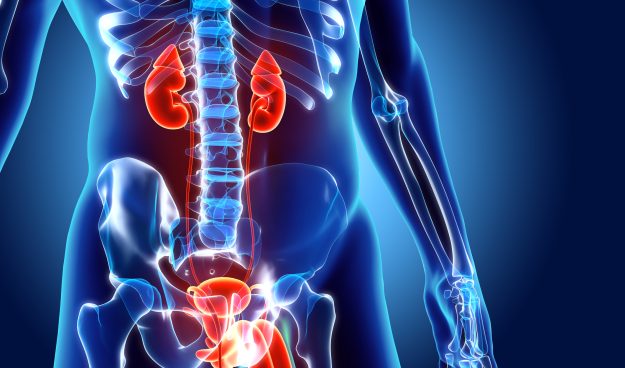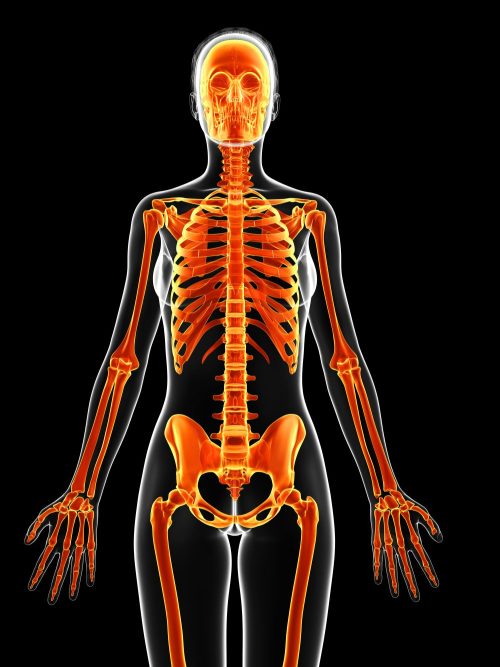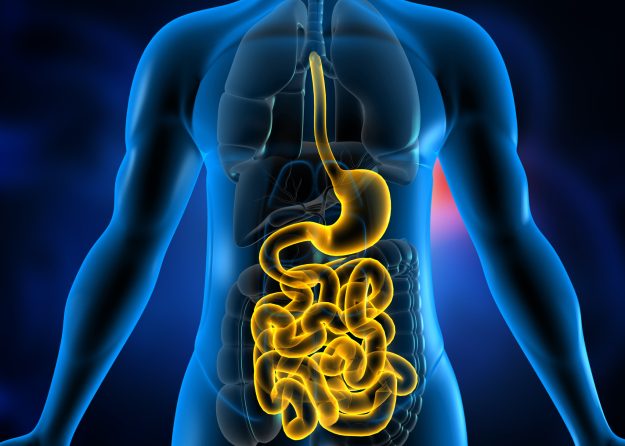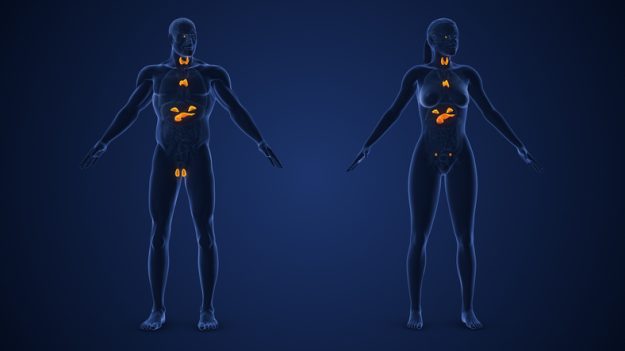Hyperactive Delirium with Severe Agitation in Corrections 1.5 Continuing Education Hours It is 5:00 pm on a Saturday night, and Mr. Joel arrives at Booking in the County Jail in the custody of four Deputies. The Deputies tell you that he was picked up at the train station because he was “acting crazy”, pulling his…
Documentation for the Correctional Nurse 3.0 Continuing Education Hours Documentation is one of the most critical skills nurses perform, regardless of the setting in which they practice. Accurate, detailed charting provides a clinical picture of the patient and a chronological history of their health care. Nursing documentation enables effective continuity of care for the patient. It…
Correctional Nurse Basics: The Urinary System 3.0 Continuing Education Hours The Urinary System, also known as the Renal System, plays a crucial role in maintaining the body’s internal environment by regulating the volume and composition of blood. This system is responsible for the removal of waste products and excess substances from the bloodstream, ensuring that…
Correctional Nurse Basics: The Musculoskeletal System 3.0 Continuing Education Hours The Musculoskeletal System is a complex network of tissues, including bones, muscles, tendons, ligaments, and joints, that work together to provide structure, support, movement, and protection to the human body. Continuing our Correctional Nurse Basics series, in this class, we will discuss the pathophysiology of…
Correctional Nurse Basics: The Digestive System 3.0 Continuing Education Hours The digestive system is a complex physiological system responsible for the ingestion, digestion, absorption, and elimination of food and waste products. It consists of a series of organs, including the mouth, esophagus, stomach, small intestine, large intestine, liver, gallbladder, and pancreas, each with unique functions…
Correctional Nurse Basics: The Cardiovascular System 3.0 Continuing Education Hours Statistics from 2019 (latest information available) indicate that cardiovascular disease is the second leading cause of death in corrections, with suicide being the first. In addition, the prevalence of cardiovascular disease like hypertension in the correctional population is more than three times that found in…
Seizure Disorder for the Correctional Nurse 2.0 Continuing Education Hours Some days, it seems like everyone we care for in corrections has a seizure disorder. Seizures may be the result of childhood epilepsy, trauma and traumatic brain injury, drug and alcohol use, brain tumors, or any combination of these conditions. The prevalence of seizure disorder…
Correctional Nurse Basics: The Endocrine System 3.0 Continuing Education Hours The Endocrine System regulates metabolism, growth, stress response, reproduction, mood, bone health, and various physiological processes to maintain homeostasis in the body. This is accomplished through its network of glands that produce and release hormones, chemical messengers that regulate various physiological functions in the body.…
Correctional Nurse Basics: The Nervous System 3.0 Continuing Education Hours The nervous system is a complex and intricate network that plays a crucial role in controlling and coordinating various functions of the human body. From simple reflexes to complex thoughts, the nervous system controls our physiological processes. Part of our Basics series, this class will…
Correctional Nurse Basics: The Immune System 3.0 Continuing Education Hours The immune system is a complex network of cells, tissues, and organs that work together to defend the body against harmful invaders, such as viruses, bacteria, fungi, and parasites. Its primary purpose is to recognize and eliminate pathogens while differentiating them from the body’s own…









